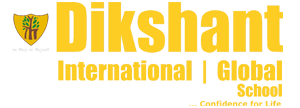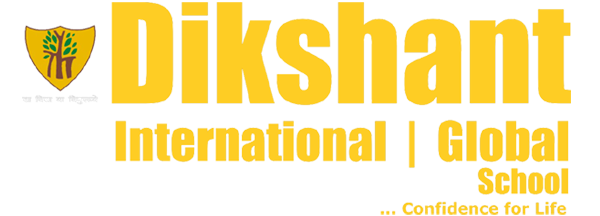 The question is rather fundamental and is being raised by teachers, parents, leaders, and policymakers the world over. Are we preparing our youth adequately to thrive in a rapidly changing world? Consider it in your own context, in relation to your students, your children, or youngsters in your town. What would matter most for students to learn / how will our youth learn in the future? You may find the task puzzling on two grounds. First, it requires that you understand how the world is changing. Second, it demands that you appreciate how learning is being transformed by new palpable developments.
The question is rather fundamental and is being raised by teachers, parents, leaders, and policymakers the world over. Are we preparing our youth adequately to thrive in a rapidly changing world? Consider it in your own context, in relation to your students, your children, or youngsters in your town. What would matter most for students to learn / how will our youth learn in the future? You may find the task puzzling on two grounds. First, it requires that you understand how the world is changing. Second, it demands that you appreciate how learning is being transformed by new palpable developments.
Yes, we are experiencing a digital revolution comparable to the Industrial revolution of the nineteenth century. How do you see it affecting learners today? Yes, globalisation is rendering world economies interdependent and accelerating world migration, leaving no country untouched. How do you see globalisation redefining what it means to become economically competitive and civically sophisticated society? Yes, we know more about the role of human biology in learning than ever before, even though our knowledge is tentative and partial to date. What does the future hold and how might we gauge more ethical uses of human biology? Large transformations in technological, economic, social, scientific spheres create the new context in which our children and youth are growing, indeed the new context in which we seek to prepare them. How can we best fulfill our educational mission in these changing times?
At the dawn of the 21st century, important changes in our societies are transforming the lives of children and the youth around the globe and redefining their future. Globalisation is redrawing the cultural landscape of classrooms and calling upon educators to prepare a new generation of global citizens. In turn, the digital revolution is giving rise to new learning styles. Increasingly, young people no longer view themselves as mere consumers of information, but as producers of knowledge, ready to express their views and document their lives freely online. Furthermore, our growing understanding of the biological workings of attention, emotion, literacy, and numeracy are beginning to shed light on why some classroom practices work and others do not.
Being a responsible educator today requires that we become aware of the changes around us and that we serve as intelligent brokers between our students and our changing world. We are witnessing global, digital and scientific developments that require that we mine the opportunities for the deeper, better, and more relevant learning they offer while sidestepping the risk they present.
Future learners may differ from past ones in telling ways. We can review the image of the learner that guides our practice.
Clearly, learners present perennial qualities: Their prior knowledge and experience matter, and so does their conceptual change. They understand by thinking with knowledge and benefit from timely and informative feedback. Yet peering through the lens of globalisation , future learners present a changing face and controls highly personalised learning environments; they continue to produce knowledge on the web and to challenge traditional standards of “expertise”. They manage multiple virtual identities and interact with other whom they have never met. , handling more or less successfully the dilemmas of life online…Taking a biological stance reveals a future learner whose brain images can be used to diagnose learning disabilities early in life and devise timely programs to correct disorders or administer performance – enhancing drugs and neuro-prostheses.
The emerging image of the future learner embodies promise and concern. To navigate between these poles we must focus our attention on our learners and well-being that we may be able to gauge how larger transformations in learning play out in their lives. In doing so, we may find ourselves in harnessing the excitement of learning in new digital environments to design instruction that engages deep and enjoyable thought. We may find ourselves preparing students to the world of increasing complexity and difference by attending more to the emotional dimensions of learning, helping kids manage emotion and cognition at once. Embracing new learning styles should not be done uncritically. We will certainly find ourselves guiding students through the ethical dilemmas of public participation on the web. We will have to unwind social stereotypes .we may consider the degree to which a medicated brain is, in fact, necessary for active children to learn.
So, what is the future of learning? When teachers embrace learning for the future, they nurture competencies such as expert thinking, collaboration, and entrepreneurship. They foster intercultural understanding, environmental stewardship, and global citizenship. They engage with new digital learning styles, inviting students to enter into complex problems and to produce, create, and express themselves through digital means. Recognising that emotion and cognition are deeply connected in the human mind/brain, teachers prepare students to live ethical and reflective lives in rapidly changing environments. Educating with the future of learning in mind involves viewing learning as a changing phenomenon.It involves managing uncertainty, as we do not know which future global or digital developments may transform how people learn. It requires managing emerging knowledge about what matters most for youngsters to learn and how, where, and with whom they might learn best.
Never before has education played such a pivotal role in the cultural and environmental survival of our planet. Never before has the future been so present.

